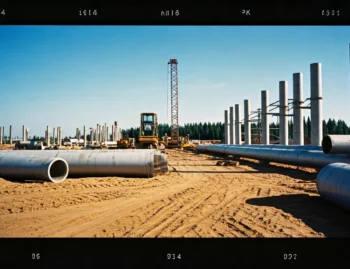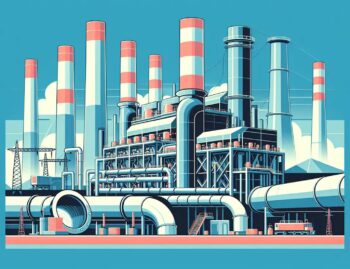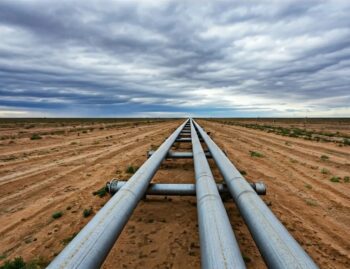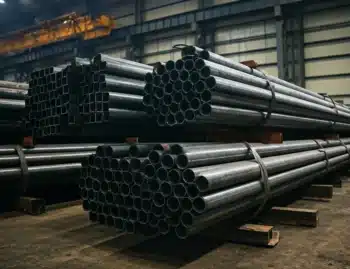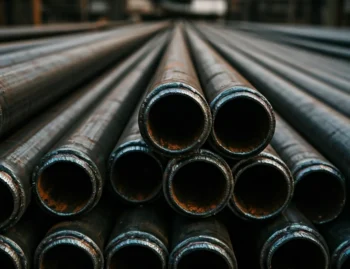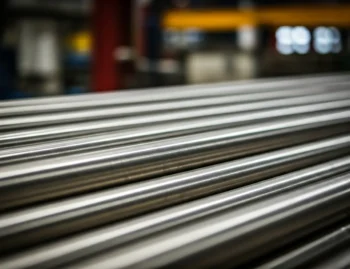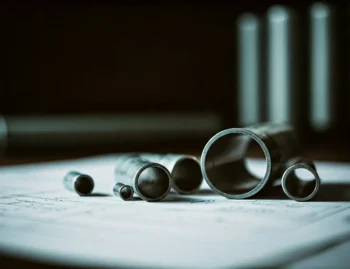One of the more serious issues that can affect steel is rust. This occurs when a steel pipe or other steel material begins to corrode. The corrosion process refers to when steel comes into contact with water or oxygen for an extended period of time. Since it is a naturally occurring process, it can be hard to completely control. Fortunately, there are measures you can take that will aid in preventing rust from damaging your steel materials.
Clean the Steel Regularly
While certain paints, primers, and other coatings can do a good job of preventing rust from occurring, you will still need to conduct regular maintenance. One of the most basic types of maintenance for steel is to simply clean it on a regular basis. If steel begins to look dirty, it could be the first indication that rust will begin to form. Because of this, you should use steel cleaners to make sure that they are clean of all debris when possible. There are a variety of industrial steel cleaners today that will do a good job of protecting the steel. You can also use a variety of more natural solutions, such as a mixture of water, salt, and lime. White vinegar, hydrogen peroxide, and baking soda paste are also viable options.
Consider Galvanized Piping
Galvanized steel pipes are coated in zinc to protect against rust formation. These are primarily used to transport water and can last decades. They’re more affordable than copper piping but still more durable than plastic, making them a top choice for large construction projects and outdoor uses where large amounts of water will be carried. The only problem with galvanized piping is that their diameter gets smaller over time, as sediment reacts to the zinc barrier and can begin to accumulate, restricting water flow. If this causes a clog, hammer out the sediment and other minerals from the outside of the pipe and flush the pipes out.
Remove Evidence of Rust
Since rust is a naturally occurring element, it can be hard to completely prevent at all times. However, if you do begin to see signs of rust, it is important that you react right away. When you notice a small section of rust growing on a piece of steel, you should go to your local hardware store. Purchase a steel brush to scrape off evidence of the rust. You can also use WD-40 to break down the bonds between the metal and the rust, making the removal process easier. Doing this will help to prevent the rusting area to corrode any further. After removing all of the rust, you should reapply a new primer and paint to prevent any rust from coming back. There is no perfect piping, but it is crucial to equip yourself with the right knowledge for prevention and maintenance.


